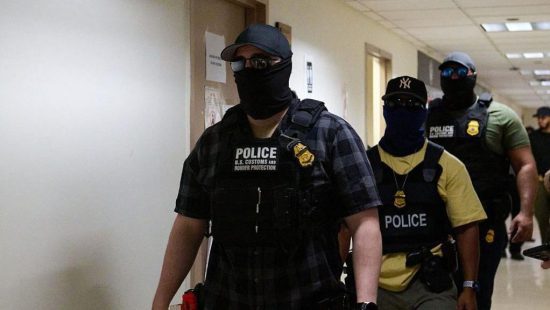The rate of eviction filings has returned to or exceeded pre-pandemic levels in many U.S. cities in recent months, amid the historically high cost of housing and other basic necessities.
That’s according to data from the Eviction Lab — a Princeton University project aiming to fill an “information hole in the center of the evictions crisis” by collecting data from court filings and other sources, research specialist Jacob Haas told Axios.
Driving the news: Sweeping local and national eviction moratoriums helped keep many families in their homes through the heart of the COVID-19 pandemic.
With those moratoriums long since over, many Americans are once again exposed to the threat of displacement—especially as high rent costs have renters spending a record share of their paychecks on their monthly housing bills.
The eviction crisis tends to disproportionately affect minority groups—particularly Black women, says Haas.
“We’ve seen a return to or beyond pre-pandemic averages in a large number of areas where we’ve been tracking [eviction] data,” says Haas.
“To return to that is disappointing given all of the initiatives that were taken to prevent housing instability.”








